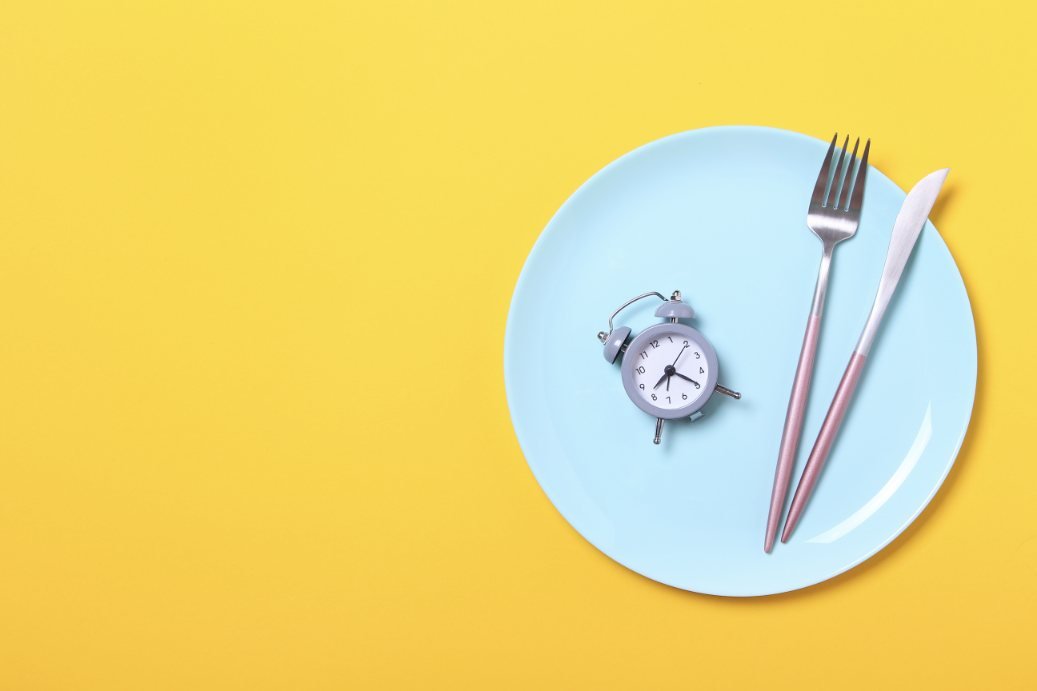For many years, there has been so much misleading information as to the importance of breakfast. I was one of these people as well – and who can blame us? With all the hype regarding how we should eat, when and how much is healthy, it’s easy to be lead astray by misinterpreted information.
Remember the saying that “breakfast is the most important meal of the day?” What about all of those millions of people deciding to skip breakfast – possibly because they don’t feel hungry of a morning? Has anyone experienced any negative consequences when it comes to their health because of this? I highly doubt it.
What could be the drawbacks for not eating breakfast
Not eating in the morning can leave you susceptible to consuming even more later on during the day. It’s pausable but may not be entirely accurate. Breakfast is said to curb your appetite and balance your blood sugar during the day. It can also curb cravings for food that may not be beneficial for your weight loss.
I know many of you are reading who skip breakfast are probably shaking your head in disgust at this claim above. I agree with you completely. I’m a breakfast eater – and proud to be one too. It works well for me, and I intermittently fast every single day. Why do I eat breakfast then? It’s because I skip dinner and work out in a fasted state every morning. I’ve always loved my breakfast – and disliked dinner. Can you imagine that happening within a family setting? I guess you could say that all the negative talk for not eating breakfast can turn towards dinner time.
Does it then really matter if you decide to skip breakfast, lunch or dinner?
Everyone on this planet has a different lifestyle, and it’s not uncommon for most of us to skip meals. Have you ever been so busy on any particular day that the hours flew by, and you found yourself forgetting to have a meal? I know that’s happened to me several times. When you wait later on in the day to eat (or perhaps skip a meal), that can be signified as a fasting method. Fasting is one of the most successful and popular lifestyle plans out there – and if you decide to stick with it, the results will astound you. Intermittent fasting in itself reduces your overall caloric intake, promotes weight loss and improves your metabolism. The trick here is to make sure you fast for a stretch of time (and not eating in between). That’s why it’s best to pick skipping breakfast or dinner as a fasting alternative.
It’s not necessarily true that you will gain weight if you skip a meal. It’s your overall calorie intake per day that determines your weight gain. Skipping a meal (or fasting) is a great way to lower that caloric intake without making too many nutritional sacrifices. That’s how I see it anyway.
What about skipping food and your metabolism
Does it affect your metabolism when you skip a meal? The results are those who have chosen fasting as a daily ritual, who have lost a substantial amount of weight and kept it off. Look on any Facebook fasting group, or even type this in google, and you will find that fasting has helped many people get rid of that stubborn weight.
Set the trend and use your intuition.
If we would all listen to our hunger queue, gaining weight would be a thing of the past. The best way to decide, based on what meal to skip, is by asking yourself when you are most hungry during the day. If you aren’t even bothered by breakfast – then forget it. If you are not hungry during dinner -then skip that. Use your intuition by listening to your bodies queues, and guide your decision by them.
Monitor your portion sizes, and don’t get too obsessed with it. One thing that took me a long time to understand is not to overcompensate for lost calories during one meal. I would experience indigestion and be very uncomfortable during the day. Eat when you are hungry, and stop when you are almost complete. Leave yourself with a bit of leverage – but do not entirely cut your portions in half. Those of us who are more active will need to compensate with more calories.
During every day, your weight loss results will be determined by the calories you consume – and it doesn’t matter if it’s your breakfast, lunch or dinner. All of it counts.
